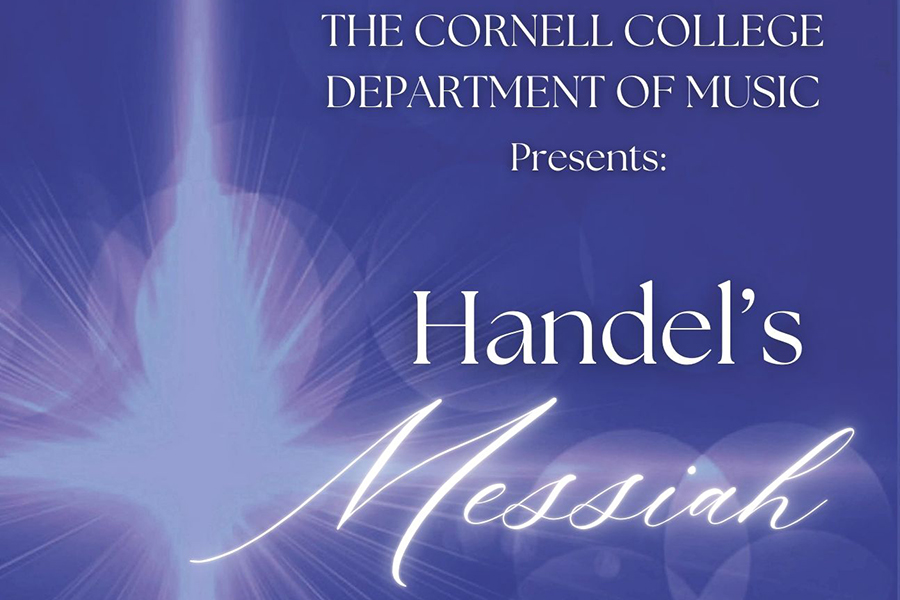Omicron: We don’t know enough to be worried

A new coronavirus variant has overtaken the news cycle, with declarations of high transmissibility and more severe cases. This continues the infodemic that came along with the pandemic, with media sources able to disseminate information almost instantaneously based on few facts and a lot of speculation. On the other hand, science takes time and scientists need data to support their contentions. We are currently in an information desert when it comes to Omicron. As more time passes, more data can be collected, creating fertile soil to generate fact-based knowledge about this new variant. We need a risk-analysis and science-based approach to dealing with the new variant. We need time before we react.
Questions we don’t have answers to: How transmissible is this variant? Is transmission different from the most common variant, Delta, circulating now? How effective are the current vaccines? Does previous infection confirm immunity against Omicron? Does Omicron cause a more or less severe illness? Answers to all of these questions can be found with a google search–but they are really speculation at this point, sometimes more harmful than helpful. We need time to answer these questions and determine the nature of this variant.
What we do know: First reported to the WHO on November 24, it took two days for Omicron to enter our vocabulary when the World Health Organization designated the viral variant as a Variant of Concern (VOC). There are currently five variants of concern including Alpha, Beta, Gamma, Delta, and, now, Omicron. Lambda and Mu variants never reached the threshold to become a VOC. Only Greek letters Nu and Xi have been skipped in the naming of variants. Nu is too similar to “New” and Xi is a common name in China including the name of China’s current president, Xi Jinping.
The early identification and immediate dispersal of information regarding Omicron was beneficial, as it catalyzed nations to begin research and data collection on the variant. However, we have no idea how long and where Omicron has been circulating. Although the media repeatedly states that the Omicron variant arose in South Africa, two earlier cases have already been discovered in retested samples in the Netherlands. South Africa was just doing due diligence in reporting the sequencing of the new variant.
WHO recommends that we continue public health measures to reduce all transmission of every variant of the COVID-19 virus. Continued monitoring of COVID-19 cases and hospitalizations and characteristics of the disease are essential in determining virulence. We need to be open about publicly sharing all this data, not punitive. Until more data is compiled and we know whether or not Omicron is a rare exotic or a game-changer, our best choice is to continue mitigation procedures that have curtailed some of the spread of all variants of the virus that cause COVID-19. In addition, these procedures have broader effects such as decreasing transmission of the seasonal influenza virus. Should we be nervous about this new variant? Yes, but we should not overreact.
The news of variants, this one or one of the many others, should not change what you are doing on an individual-level right now. Get vaccinated. Get boosted. Ventilate spaces. Use masks. Test if you are symptomatic. Isolate if you are positive. And remember to take care of your mental health.



